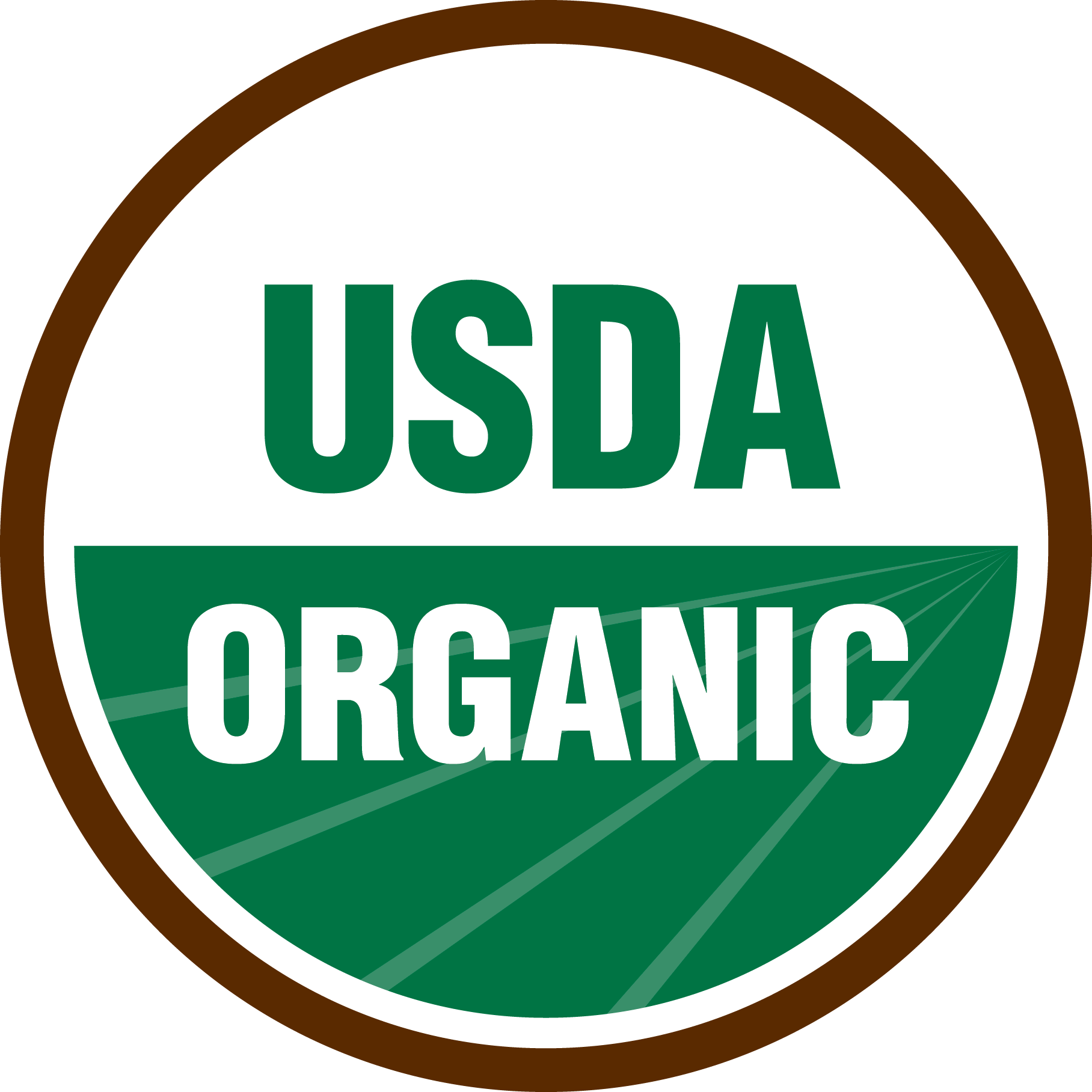Time is not money
- Melissa Kagiyama
- Nov 22, 2020
- 3 min read
We have all heard that time is money. But how does this translate into our food chain? If you value money above all else, including health, wellness, sustainability and quality, then you will surely be moved to a "more efficient" way of processing foods. What does "more efficient" mean in the food industry? As a food manurfacturer, here are some of the corners we've been advised to cut for efficiency's sake, but instead we have reversed that model and made these cooking processes the cornerstones of our high quality.
Keep batch size small If you're cooking 10 jars of product, then why not just cook 100 and save the time of measuring and mixing one time instead of time. This makes sense to a degree, but at a certain point, the quality of the product will suffer. We did another blog titled "Why is homemade jam different than storebought?". In a nutshell, larger batches have less water evaporation so need more thickeners.
Don't use pre-processed ingredients We know it takes a long time to brown onions. This is the longest step in all of our bbq sauces. But that's what it takes to create awesome food, so that's why we do it. We also cut and squeeze our lemons fresh for each batch of jam. Why not just use pre-juiced lemons? First of all, many of these have weird preservatives that we are not excited about adding to our food. And secondly, food is alive. Every time you cook it, you diminish its life force just a little. That is why we advocate making food from scratch. This puts you in charge of the amount of life force and freshness in your food.
Hand Made There is a Korean saying that food is flavored with "hand taste." This is the loving energy that the cook imparts into the meal, simply by handling it. Machines have a different energy of course. We hand pour and stir our products, giving each batch lots of love. Reading this may not make sense, but you can absolutely taste it!

My favorite industry example, just for fun, is bread. In order to save time in the rising process, which normally takes at least many hours and even a day, extra yeast is often added. The added yeast makes the bread rise more rapidly and therefore saves time. However the extra yeast does not taste super great so often sugar or other flavors are added. We encourage making fresh bread at home: flour, water, yeast. You will be amazed once you get the hang of it that it really is so simple!

My other favorite example is the use of pesticides and herbicides in conventional farming. These chemicals save time and labor costs dramatically because the farmer does not have to pull weeds or sift through eaten veggies. But what about the cost of the chemicals? What about the cost of the CO2 emissions of the fossil fuel based chemicals? And what about the health and environmental costs of using these chemicals? How do you take that into account on a cost analysis? Maybe for some after doing a cost analysis on the time/hazards model, this does make sense. But what we have been doing is what created where we are now, so we must ask, is our time worth these results? Is time money? And where do we individually place the value of time in relation to the value of our health?






